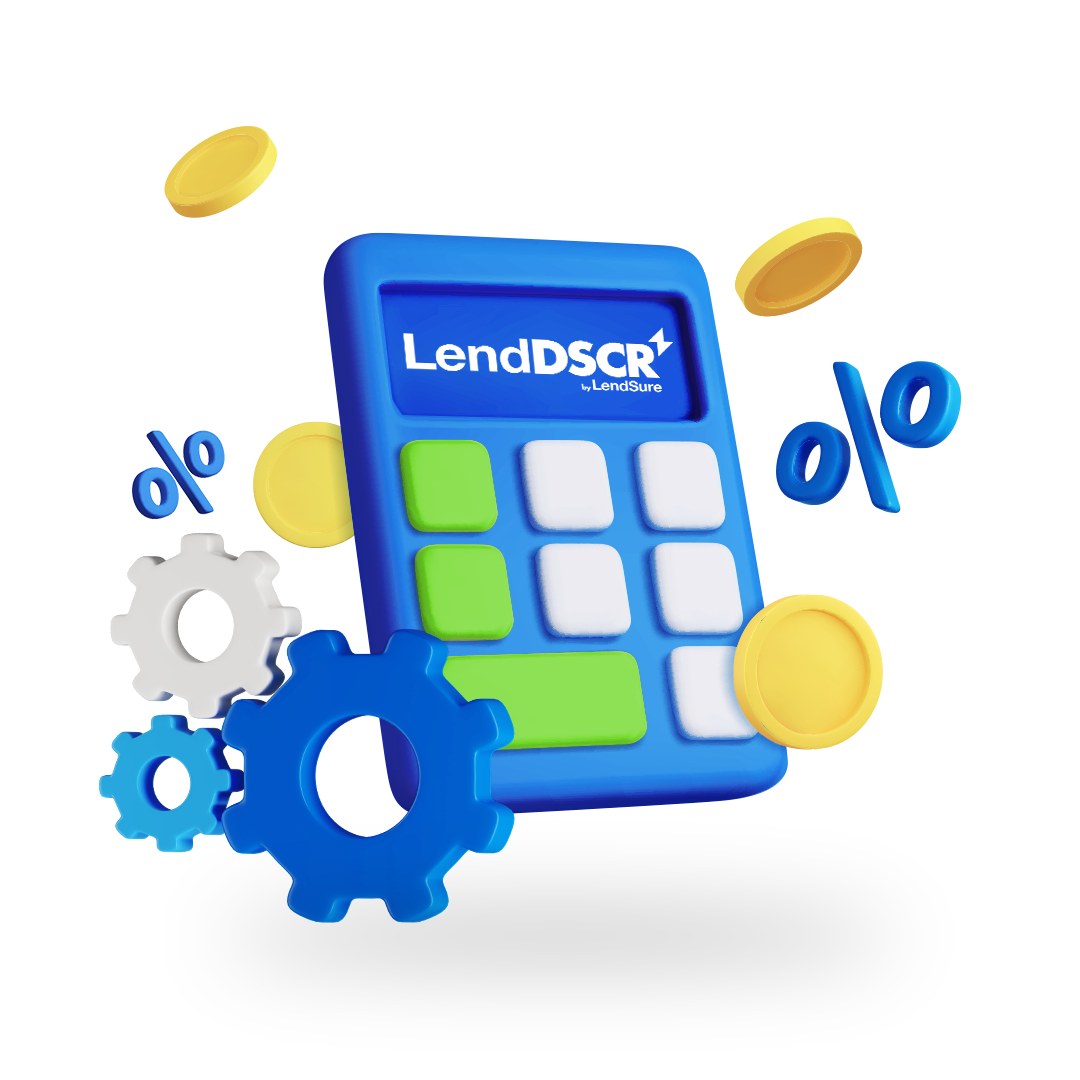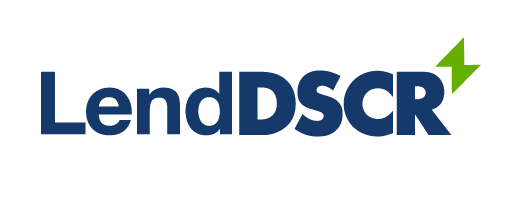DSCR Loan Pricing,
Simplified With LendDSCR


DSCR Loan Pricing, Simplified With Spark
Our innovative investor loan pricing engine!
INTRODUCING LendDSCR
Our innovative DSCR loan pricing engine!
It’s tailored for investors who focus on property cash flow instead of personal income. With LendDSCR, you can get pre-qualified quickly, receive product recommendations, and get preliminary quotes on rates. So, if you want to ignite your real estate investing potential, LendDSCR is the tool you need today!

Disclaimer:
This LendDSCR Loan Pricing Engine is for estimation purposes only. It is using information entered by you which may differ from the actual terms at the time the loan terms are set. Results may vary and will be subject to individual program guidelines and limits. This is not a credit decision or a commitment to lend. Rates and programs are subject to change without notice. Other restrictions and limitations may apply. Granting of loan is subject to the credit and policy requirements of LendSure Mortgage Corp., NMLS 1326437. Not available in all states. This site is pending authorization by the New York State Department of Financial Services. No mortgage solicitation activity or loan applications for properties located in the State of New York can be facilitated through this site.
Disclaimer

Congratulations, we’re able to pre-qualify you for an investor loan using LendDSCR.
Please enter some additional information so that we can contact you about your loan scenario and help you apply for a loan.